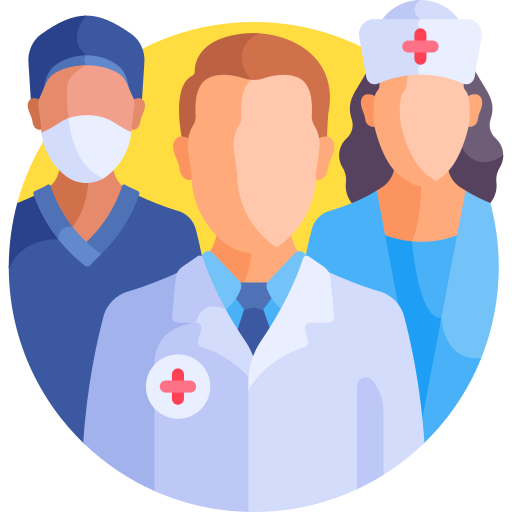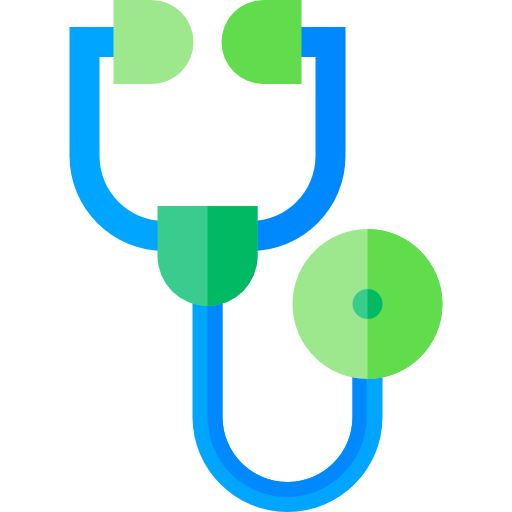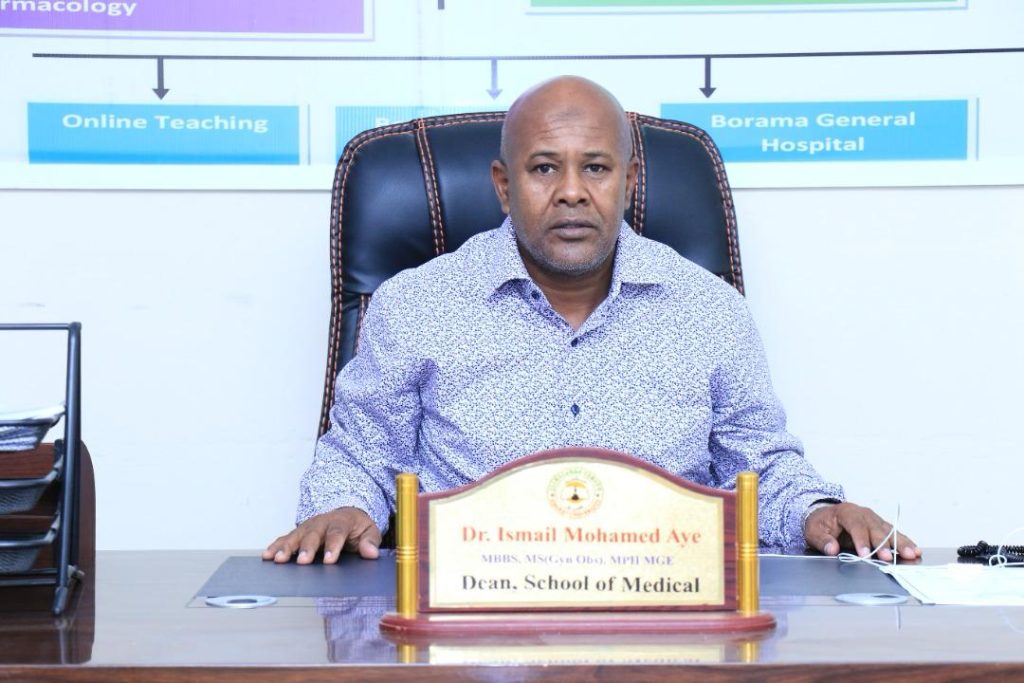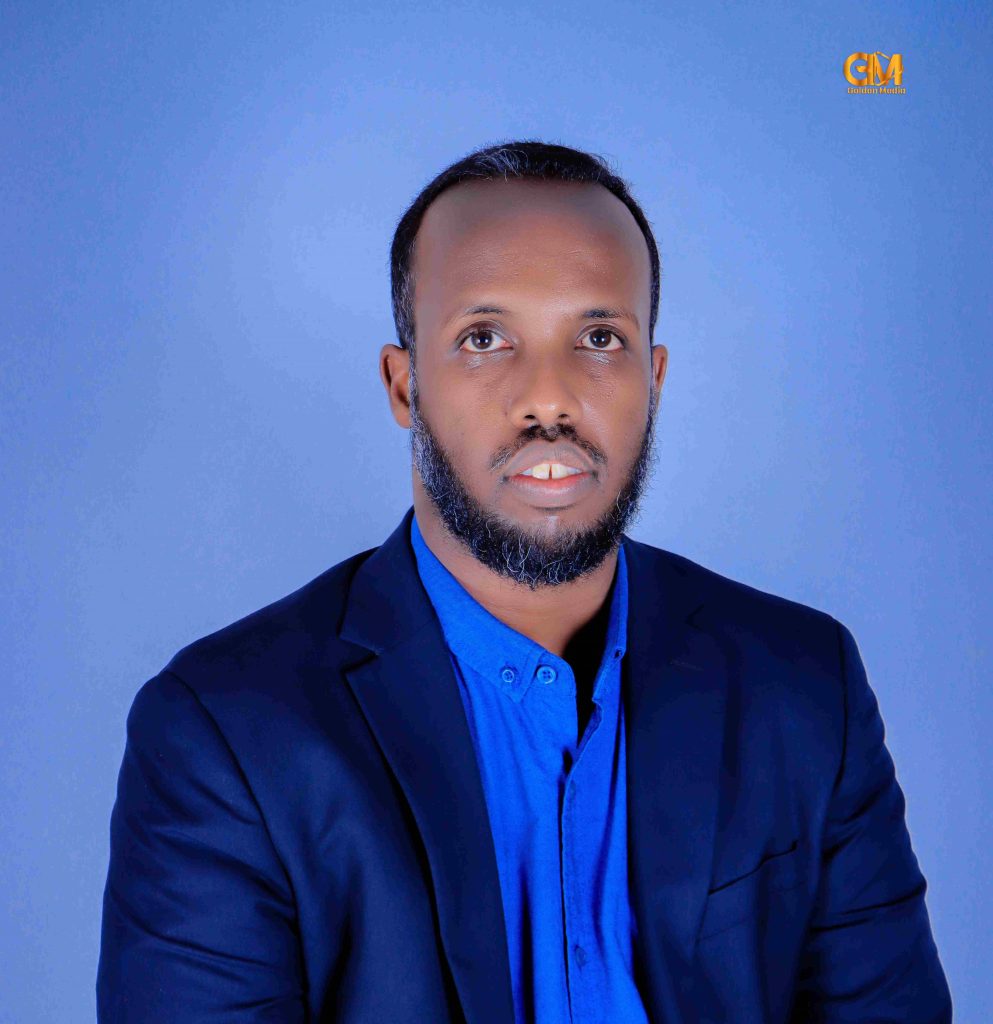

School of Medicine and Surgery
About the School
Mission
The mission of Amoud Medical School is to contribute to knowledge and to produce medical graduates with practical and intellectual skills appropriate to the needs of present and future Somali communities. The school strives to ensure that the students acquire such skills using modalities that encourage active learning in the context in which they will later function as health professionals.
Vision
The vision of Amoud Medical School is to be an excellent school of Medicine with a
holistic approach to health care, research, and training.
Objectives
- To produce physicians who are prepared to serve the fundamental purposes
of medicine - To produce physicians that possess the attributes (Knowledge,
Attitude/Behavior and Skills) that are necessary to meet their individual and
collective responsibilities to society
History & Background
Improved health is a key factor for human development and leads to improved health status, increased productivity, educational performance, and long-life expectancy. At the proclamation of Somaliland independence, the Somaliland communities were experiencing a burden of poverty and diseases deteriorated by the civil unrest, brain drain, unevenly distributed of the few available health personnel and the closing and destruction of all training institutions with no hope of obtaining new personnel to
make up for the unprecedented situation brought about by the self-inflicted tragedy.
There was a big gap in the health working force of the country. The statistics showed the Doctor –patient ration very low. There were 98 Doctors in whole Somaliland in which the majority of them were concentrated in three main cities (56 at Hargeisa, 15 at Burco and 14 at Borama) with 13 Doctors for the rest of the country with a great need to train more Doctors and other allied health professionals.
The question to be answered was where to get Doctors who can deal with the prevailing health problems and from the needs assessment was the quality of (not only quantity but also quality) Doctors to be trained to satisfy the health needs of the Somaliland/Somalis communities. It has become clear that more innovative learning and teaching strategies is required to adequately prepare for the challenges they will
meet in their professional practice. But the problem was the available teaching staff was traditionally taught and has little ideas about the new trends of medical education, in an unrecognized state with little external support and intervention. In order to cope with this precarious situation, it became necessary to carry out certain steps despite in complex emergency; The Somaliland communities did not wait outside assistance to rescue from the plight of diseases and destruction. With the meager resources they had, they embarked with innovative approaches to face the challenges. One of the ground-breaking community-based initiatives was the establishment of the school of medicine of Amoud University at the academic year of 2000-2001.This event was entirely dependent on community-driven efforts. It has been an extraordinary vision which turned into a reality after witnessing the first batch of newly graduated Doctors in the mid of 2007. In achieving its mission and adhering to the University’s mission, the school of
medicine and surgery organize their training into two parts: pre-clinical and clinical. In our five- and half–year curriculum, the freshman phase consists of 1 semester, the pre-clinical phase includes two years of science training the student learns about basic medical concepts, the structure and functions of the body, diseases, diagnoses, and treatment concepts. The student also learns the basics of doctoring, such as taking medical histories and other essential competencies. The clinical portion of the training, which lasts the final three years of medical school, involves clinical rotations, during which time the student will receive basic instruction and hands-on experience with patients in the major medical specialties.
School Stats
Enrolled Students
Alumni Size
Academic Staff
School Programs
The Bachelor of Medicine and Surgery (MBBS) program at Amoud University is designed to address the critical shortage of medical professionals in Somaliland. Developed in alignment with the national curriculum and Somaliland’s medical education policy of August 2018, this program aims to equip future doctors with the skills and knowledge necessary to meet the health needs of the local population. The curriculum is tailored to ensure that graduates are prepared for a one-year period of supervised internship, essential for their professional development.
Given the severe doctor-to-patient ratio in Somaliland, which stands at 1:20,000, well below the WHO recommendation of 1:1000, the program seeks to mitigate the negative consequences of this shortage. By producing competent medical practitioners, Amoud University’s MBBS program contributes to improving healthcare quality, reducing patient wait times, and making medical services more accessible and affordable. Ultimately, the program aspires to enhance the overall health and development of the nation.
School Management Team


Dr Mohamoud Abdulahi
Associate Dean, School of Medicine
- Phone:+252 634 142 274
- Email:Mohamoud.abdulahi@amoud.edu.so
Contact us
Address
- AUCHS Main Campus, Near Rays Hotel, Borama.
Emails
- medicalschool@amoud.edu.so
- auchs@amoud.edu.so
Phone
- +252 634 456 233
- +252 634 142 274
